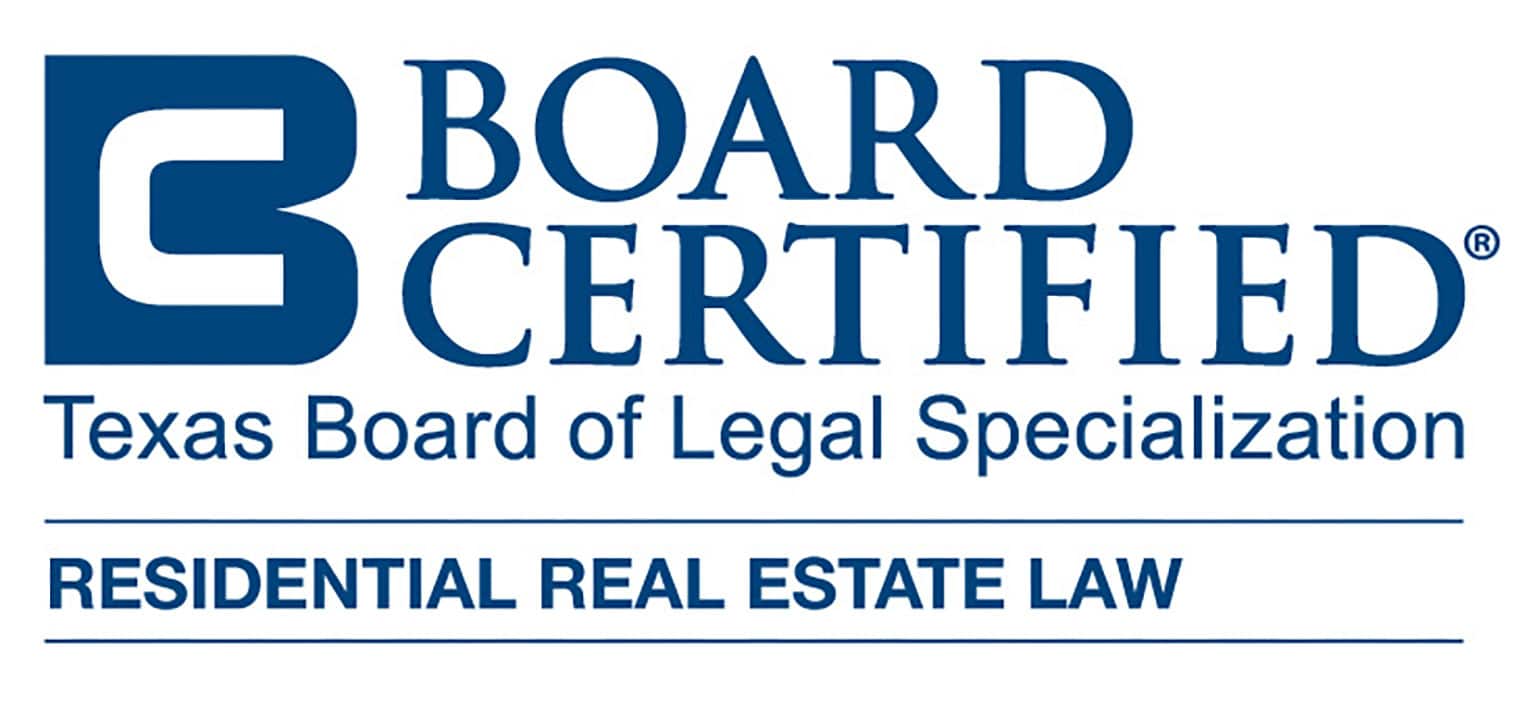Trust For Real Estate
Complete, ready-to-be-signed legal documents. Emailed to you in about an hour.
Worry free property deed transfers. Prepared for you today by a Texas licensed attorney.
QUESTIONS? GIVE US A CALL!
Speak with a lawyer for a free consultation.
READY IN About an HOUR
Your document will be ready fast!
SECURE ONLINE payment
Secure online payment with a credit card.
RECEIVE YOUR DOCUMENT
Ready-to-be-signed deed or legal document.
Put a House in a Trust
An estate planning strategy many people use is to put a house in a Trust. Legally, a Trust creates a new “entity” to own your property. For example, instead of having your house titled in your personal name, you use a deed to transfer your house into the name of the Trust that you created.
Your Trust will own the property until the Trust is terminated. You determine the termination by specifying it in your Trust Agreement.
Note: Many people use a Trust to own their rental property for estate planning, tax advantages, for asset protection.
A Trust can be used for estate planning because it will remain in existence after your death. It will continue to own your real estate property and any other assets you put in it for your spouse, children and grandchildren.
Good to know: After you set up your Trust, be sure to transfer your real estate property and other assets to the Trust.
This is a step people often forget to do. They spend money to set up their Trust but then fail to transfer their property to the Trust. As a result, when they pass, their property is still in their personal name and not the name of the Trust.
We recommend using a General Warranty Deed for this purpose.
After you have your General Warranty Deed signed and notarized, you will need to take or mail the new deed to the county clerk’s recording office with the correct filing fee. The clerk will stamp the Warranty Deed and return it to you. Keep the filed and stamped Warranty Deed in a safe place along with your Trust Agreement.


Trust Agreement
A Trust Agreement is the legal document that creates a Trust. The agreement needs to be in writing and signed in the presence of any notary.
Good to know: Trust Agreements do not need to be filed with any governmental agencies, including the county clerk. It is not recommended that a Trust Agreement be recorded and it should be kept confidential and retained in a safe place.
You may be asked by a title company to provide a Certificate of Trust to confirm there is a Trust and to identify the Trustee, but no other information should be provided.
The Trust Agreement should set out all the requirements of the Trust and state when it begins and ends.
There are three parties to any Trust.
Note: The Settlor and Trustee can be the same person. However, it is not recommended that they be the same person if you are concerned about asset protection.

A Beneficiary can be anyone. It can be a person or any entity. In many cases though, the Beneficiary is usually the Settlor (the person who creates the trust) and/or the Settlor’s spouse and/or children.
It is not recommended that the Beneficiary be the Trustee.
After the Trust Agreement is signed by the Settlor and the Trustee in front of any notary, it should be kept in a safe place. This document is not recorded at the courthouse.
Good to know: After the Trust is created, the Settlor needs to transfer property to the Trust. Many people forget to do this important step.
Set Up a Trust
You can set up a Trust to meet your specific needs. However, the Trust must be set up carefully so that you get the maximum benefits from the Trust.
To start, you name the Trust, name its Trustee, and name its Beneficiaries. You decide what property it will own, who will manage the Trust, and who will benefit from the Trust.
Since your Trust will exist past your death, it is important to name a Trustee who will live until the Trust terminates. You will need to name at least one Trustee for the Trust, and then name one or more successor Trustees to take over after your death.
Note: You can also use a bank or similar financial institution as Trustee. Keep in mind that financial institutions may have requirements of the size of the Trust they will manage, and they will charge Trustee fees.
Whether your Trustee receives compensation or not needs to be stated in your Trust.
Good to know: The person who controls and manages your Trust, your Trustee, can choose to resign at any time. A person or entity can refuse to serve as Trustee.
Your Trust will need to provide a procedure to follow if your Trustee resigns, dies or refuses to serve. You should name one or more successor Trustees. If necessary, a court may be required to name a Trustee. If no one will agree to be your successor Trustee, a court may be required to terminate the Trust.

Revocable vs Irrevocable Trust
When your Trust is created, you decide if the Trust is to be Revocable vs an Irrevocable Trust.
Additionally, you can set up the Trust to be Revocable while you are alive and make it Irrevocable after your death. That way your beneficiaries cannot change or terminate the Trust.
Testamentary Trust
A Trust created in your Last Will and Testament is called a Testamentary Trust. This Trust can be created while you are alive, or it can be created in your Will.
A Testamentary Trust is commonly used when you want to leave property to a minor or to a special needs child.
Special Needs Trust
A Trust set up for a special needs child is referred to as a Special Needs Trust. When you die, your Will leaves property to the Trustee for the benefit of your minor child or special needs child.
Property is transferred to your designated Trustee so that the property or the income from the property is used by the Trustee for the care of your special needs child for the rest of his or her life.
Spendthrift Trust
A Spendthrift Trust can be used to hold property for a child or other relative who is not financially responsible.
With this Trust, the Trustee will hold and control the property and the income from the property and distribute the money to the Beneficiary as needed. Additionally, the Trust will also protect the property from the creditors of the Beneficiary.
3-Point Distribution
You can provide for what is referred to as a 3-Point Distribution for your children. This might provide that a portion of the Trust, such as 25% is distributed to your child when your child reaches a certain age. For example, when they turn 21 years old.
Another distribution is made at an older age, such as 30, and the Trust terminates when the child reaches another age, such as 50.
A 3-Point Distribution is useful to encourage your child to work and not rely on the Trust for income.
If you have any questions about setting up a Trust for your real estate or transferring your house into your Trust, call attorney Scott Steinbach at 972-960-1850. There in no fee for your call.





Texas Legal Documents to set up a Trust for $950
Do you have questions about setting up a Trust for real estate? Call and speak directly with attorney Scott Steinbach at 972-960-1850. Or email him at scott@texaspropertydeeds.com.
R. Scott Steinbach is licensed in the state of Texas. Board Certified by the Texas Board of Legal Specialization in Residential Real Estate Law. AV Preeminent rated by Martindale-Hubble. Peer rated for Highest Level of Professional Excellence.
Texas Property Deeds is a service of The Steinbach Law Firm.
The Steinbach Law Firm is a Texas Real Estate Law Firm. We prepare all documents for any real estate transaction in Texas.


